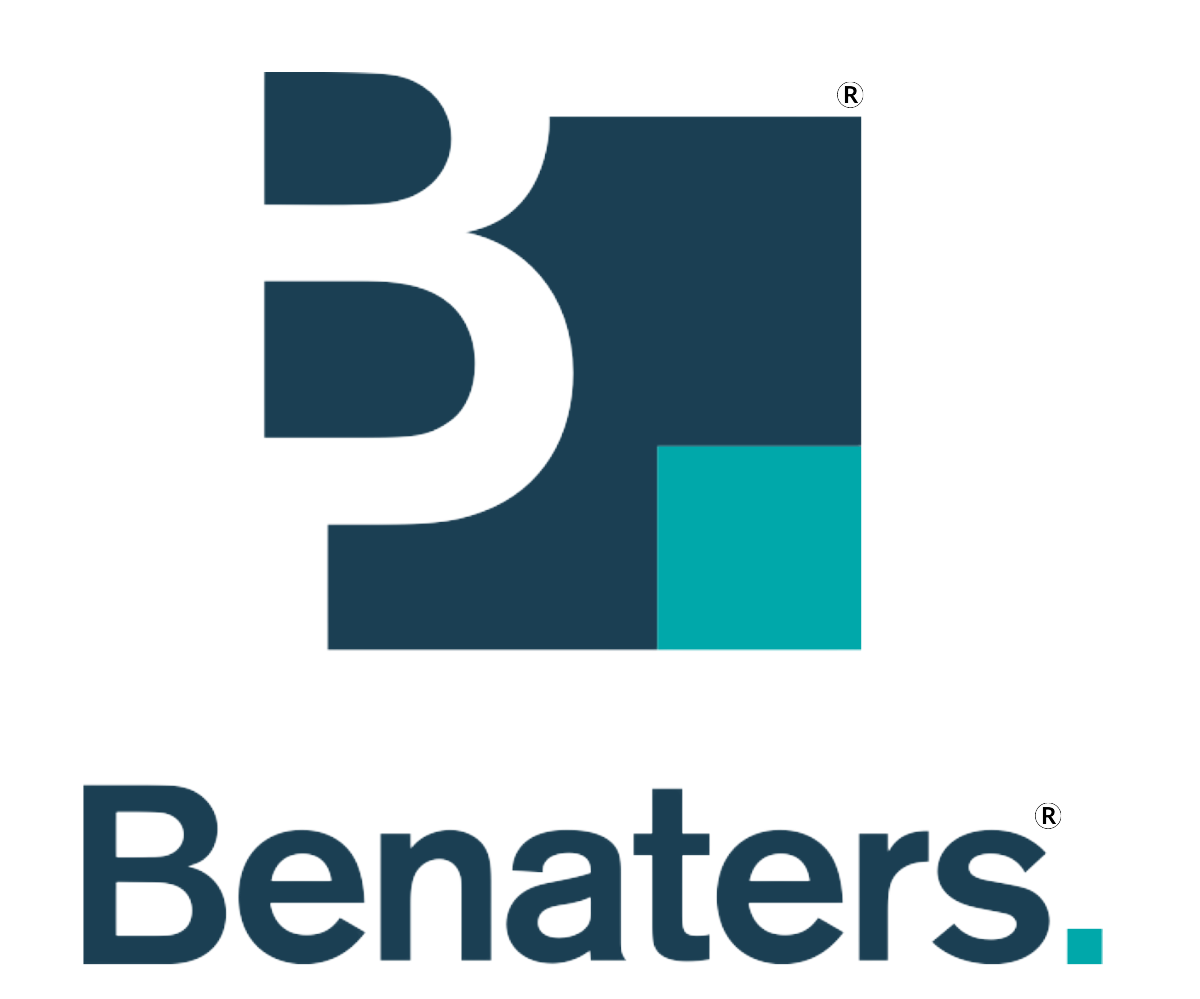Things about Conveyancer
Things about Conveyancer
Blog Article
The Of Conveyancer
Table of ContentsFascination About ConveyancerSome Known Factual Statements About Conveyancer Conveyancer - QuestionsConveyancer Fundamentals Explained
The prices are imposed based on the Regulation Culture's tariff standards. A Conveyancer must: Whatsoever times protect the interest of his/her clients and in accordance with the authorized Sale Agreement; Maintain all celebrations educated of the development on their transaction and educate both celebrations of the conveyancing treatment and processes; Advise the celebrations on the conditions of the Sale Contract, especially pertaining to suspensive conditions and commitments; Encourage the seller on the cancellation of his bond, any kind of charges, notification periods and various other administrative fees which might impact the negotiation figure; Acquire the vendor's written guidelines before he/she, as the Conveyancer, problems any assurances in regard of the transaction; Do whatever in his/her power to sign up the transaction on or as close as feasible to the day consented to in the Sale Contract; Suggest both parties on their responsibilities in terms of their Sale Contract, so regarding make certain that the transfer is not delayed unnecessarily; Meet both events to sign the suitable documents connecting to the transaction Prepare the actions for lodgement with miraculous treatment, so as to guarantee that they reduce the threat of a denial of the documentation by the appropriate Actions Computer registry; Notify both celebrations of the transfer on the day of enrollment; Account to both events for finances relating to the deal within two/ three days complying with successful registration of the purchase in the appropriate Deeds Computer system registry.It belongs to your conveyancer's job to collaborate a settlement time with the opposite's legal agent, during which time the residential property is formally negotiated and all documents and cheques are handed over. Upon settlement, your conveyancer will reach you and/or your realty agent to validate negotiation and permit secrets to be handed over.
No one intends to experience a stressful or frustrating scenario when you must simply be thrilled for your next action. This is where conveyancing can aid the procedure to move along efficiently. The role of a home conveyancer is to manage this lawful procedure of transferring the ownership and title of a property from the vendor to the purchaser.
But lawyers typically have a series of locations they have expertise in, with conveyancing probably being a field they don't practice in typically. The advantage of using a property conveyancer is that building deals are what they lug out on a regular basis. They understand the procedure inside and out and are really knowledgeable about it, making certain all appropriate documentation is offered and the procedure is accurate and timely.
How Conveyancer can Save You Time, Stress, and Money.

Selecting an option for no various other reason than it's less expensive can create much more problems in the lengthy term with an unreliable or inefficient solution. Try to find a set price solution so you understand exactly what the procedure will cost you and whether it suits your scheduled budget. Referrals from good friends or family, or reviewing on the internet reviews can likewise serve in locating a knowledgeable and effective conveyancer.

Conveyancing lawyers and licensed conveyancers both manage the conveyancing procedure. A residential or commercial property lawyer will commonly tend to have experience in other legal locations also.

Little Known Facts About Conveyancer.
They communicate with numerous events, consisting of the estate representative, vendor's conveyancer, and neighborhood authorities. Working with a specialist can conserve both time and prospective legal problems. Though it's practical to embark on conveyancing work separately, numerous choose the safety of professional guidance. The conveyancing procedure begins when an offer on a residential or commercial property is accepted.
The customer's solicitor will make certain the purchaser is informed click here to find out more concerning the documents and legal commitments. This phase involves describing the conveyancing expenses and describing the building info form. Being notified can avoid unpredicted problems as the process unravels. Residential or commercial property searches offer a purpose in the conveyancing procedure. The buyer's lawyer organises these checks to expose potential problems with the residential or commercial property.
Regional authorities can offer understanding right into nearby future advancements that could affect the residential property's value. Home loan lending institutions often need details searches before releasing a home loan deal. While some searches could seem optional, omitting them might lead to unanticipated complications. A home's title acts stand for a historical record of its ownership.
Indicators on Conveyancer You Should Know
When an offer is accepted, the vendor's lawyer prepares a draft contract. This contract pack includes essential documents like the property details kind, the leasehold information form, and the fittings and components form. The customer's conveyancer analyzes these to guarantee all the documents follows expectations. At this phase, building regulation considerations arise, from common gain access to rights to what components include the residential or commercial property.
On the other hand, if the vendor withdraws, they face fines. Both parties concur on a completion date adhering to the exchange - Conveyancer. On today, the customer pays the remaining equilibrium, and the vendor transfers the residential property keys. There's commonly a gap between exchange and conclusion for customers to finalise details or make setups.
Report this page